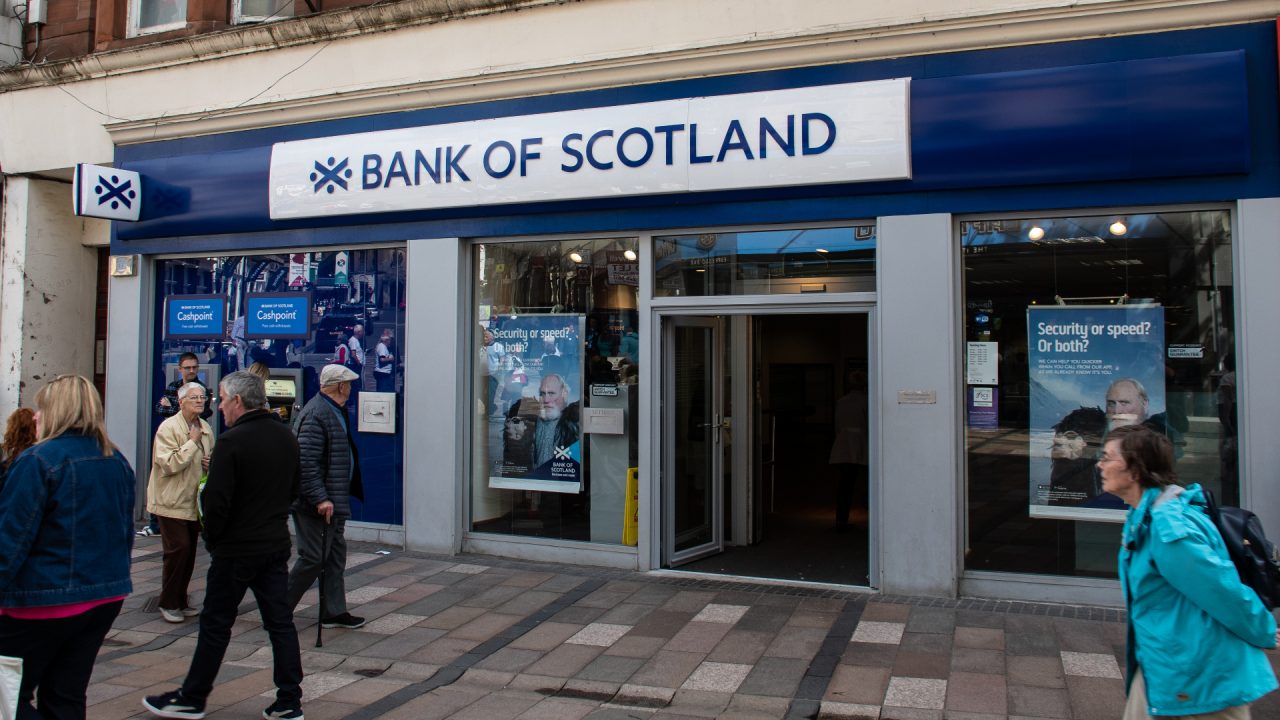Halifax, the UK’s largest mortgage lender, has temporarily withdrawn all of its mortgage products that come with a fee from the market amid continuing volatility surrounding the pound.
The move comes after chancellor Kwasi Kwarteng announced a raft of tax cuts last week, prompting concerns for the impact on inflation.
While the majority of mortgage holders are on fixed-rate deals, 1.8 million fixed deals are scheduled to end next year – meaning some homeowners could be in for a bill shock when they do eventually come to take out a new mortgage.
Halifax, a trading division of Bank of Scotland and a wholly-owned subsidiary of Lloyds Banking Group, said on Monday it had temporarily withdrawn from the market all of its mortgage products that come with a fee.
“As a result of significant changes in mortgage market pricing we’ve seen over recent weeks, we’re making some changes to our product range, a Halifax spokesperson said.
“There is no change to product rates, and we continue to offer fee-free options for borrowers at all product terms and LTV (loan-to-value) levels, but we’ve temporarily removed products that come with a fee.”
Meanwhile, Virgin Money is also taking action following recent policy announcements.
A spokesperson said: “Given market conditions we have temporarily withdrawn Virgin Money mortgage products for new customers.
“Existing applications already submitted will be processed as normal and we’ll continue to offer our product transfer range for existing customers. We expect to launch a new product range later this week.”
The Skipton Building Society said it had also withdrawn its offers for new customers, in order to “reprice” given the market movement in recent days.
HSBC, Nationwide and Barclays all said they have no plans to suspend offering mortgages to new customers, while Santander said it continually reviews its products “in light of market conditions” and will “make changes as appropriate”.
The pound hit headlines again on Monday after plummeting to a record low against the dollar overnight, sending shockwaves across the economy, but London’s leading index remained fairly unchanged.
Sterling hit its lowest level against the dollar since decimalisation in 1971, falling by more than 4% to just 1.03 dollars in early Asia trading.
It regained ground later on in the day, recovering to around 1.07 dollars when European markets closed, despite the Bank of England quashing speculation that it might announce an emergency interest rate hike to steady the pound.
The governor of the Bank of England said on Monday there would be no emergency meeting “following the significant repricing of financial assets” and instead it would consider increasing the base rate at the next planned meeting.
While the pound plummeted, the FTSE 100 was relatively stable by the time markets closed on Monday. A weaker pound is usually good news for the internationally-focused index as it means British products are cheaper for overseas buyers.
The index hit lows of around 6,939 in the morning but was 2.35 points higher, or 0.03%, at 7,020.95 when European markets closed.
But the index is still just above recent lows. On Friday it fell by as much as 2.5%.
The tanking pound reflects a dip in overseas confidence in the British currency after the UK Government announced plans to raise borrowing and cut taxes.
Follow STV News on WhatsApp
Scan the QR code on your mobile device for all the latest news from around the country


 iStock
iStock
























